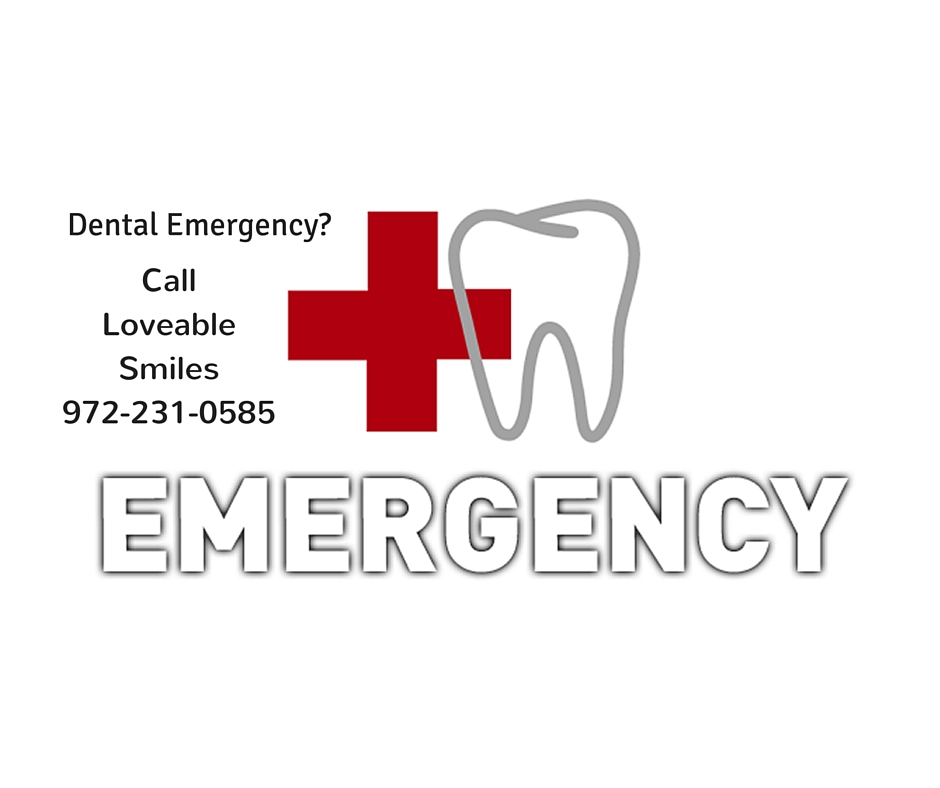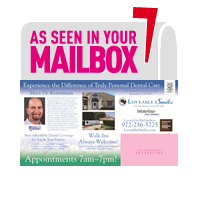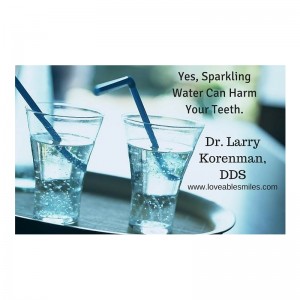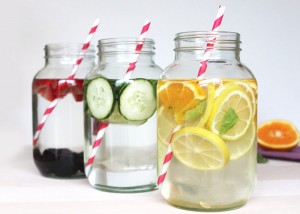Quite often Dr. Korenman hears the following and very common dental myth:
“Baby teeth do not matter since they are going to fall out anyway.”
Here is an alarming statistic:
Tooth decay is still the most common chronic childhood disease and left untreated, it can impair a child’s ability to eat, speak, sleep and learn.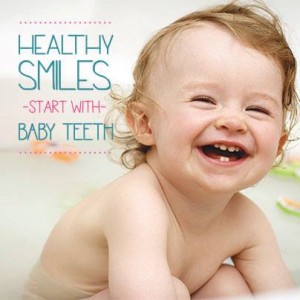
Your child’s teeth need to be strong and healthy to chew, speak, sing, smile with confidence, play a musical instrument and most important, act as “space savers” for adult teeth.
If your child prematurely loses a tooth/teeth, the tooth beside it may drift into the empty space, which then doesn’t allow for the adult teeth to erupt into its proper place.
If your child has a cavity, it’s usually painless at the beginning. If left untreated it will become quite advanced, often with no symptoms at all. The tooth can become abscessed without the child having any noticeable symptoms until it’s too late and it becomes infected and then there IS pain!
Baby teeth may be temporary, but giving them proper care can help you achieve a lifetime of oral health as well as overall health. Simple preventive checkups twice a year can prevent childhood decay and help you and your child learn how to protect their teeth throughout their lifetime as well as helping your child to have a great attitude about having dental care.
All the adults who fear having dental treatment and who hate seeing dentists tell us the horrible problems they had as children. This is extremely sad because it is so simple to prevent those bad experiences if we get to meet early enough.
Caring for Your Baby’s Teeth
Running a damp washcloth over your baby’s gums following feedings can prevent buildup of damaging bacteria.
Once your child has a few teeth showing, you can brush them with a soft child’s toothbrush or rub them with gauze at the end of the day.
The best type of toothbrush to use at first, is a long handled brush with a small head. This design makes it easy to reach all areas of your baby’s mouth.
Your baby’s toothbrush should have rounded, soft filaments. You should replace it every 10-12 weeks, or sooner if the filaments become splayed.
It isn’t absolutely essential to use toothpaste to clean your baby’s teeth – the brushing action itself is actually the most important part of keeping them clean. If you prefer to use toothpaste, then you should choose one that is designed specifically for infants, because they contain very little – if any – fluoride. In fact, the American Association of Pediatric Dentistry guidelines suggest that babies under the age of 2 receive NO fluoride at all.
Putting your baby to sleep with a bottle in his or her mouth may be convenient in the short term — but it can harm the baby’s teeth. When the sugars from juice or milk remain on a baby’s teeth for hours, they may eat away at the enamel, creating a condition known as bottle mouth.
If your baby is “stubborn” and fusses about having their teeth brushed, gently continue trying every few days. Children who are nearly 2 have a passion to copy everything they see done around them. If a 2-year-old girl sees her parents brush their teeth, she one day grabs one of their brushes and insists on trying it herself. This is a good time to buy her a brush and let her go to it. Naturally, she w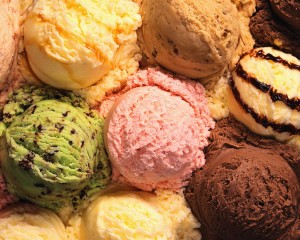 on’t be very efficient at first, but you can help her tactfully.
on’t be very efficient at first, but you can help her tactfully.
During summer vacation, kids are more likely to indulge in sugary snacks like popsicles, ice cream and slushies. Parents, should be helping their child brush their teeth every night until the child is 9 or 10 years old. After that, they should have the dexterity to properly clean their teeth.
The Oral Systemic Connection is the driving force at Loveable Smiles. It’s called the “Mouth-Body Connection,” and it means that poor dental health can severely deteriorate your body, especially your lungs and heart, and it can also lead to a host to other conditions including Alzheimer’s disease and even some Cancers.
If our children have healthy mouths, they are more likely to have healthy bodies and can ward off serious health issues later in life.
